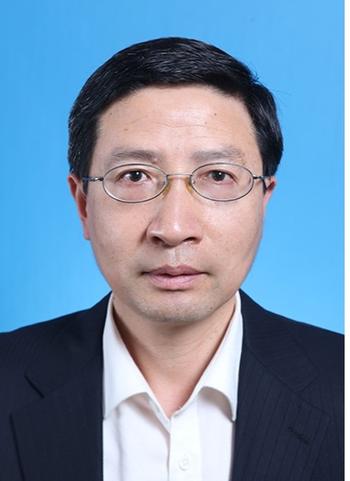Prof. Dr. Jihong Ye

Fellow in the project "Social Worlds: China's Cities as Spaces of Worldmaking" (July 2023)
Short Biography
Ye Jihong, is a professor and doctoral supervisor of School of politics and public administration of Suzhou University, graduated from Nankai University. His main research fields are social management and social policy, community governance and social construction; he presided over the National Social Science Fund "cultural adaptation of new urban immigrants" and the Ministry of education's humanities and social science fund "centralized residence of farmers in the process of urban-rural integration". He has published papers in China soft science, China rural economy and other journals, and published works such as farmers' concentrated residence and cultural adaptation of immigrants, and transformation and governance of rural to residential communities.
Project
From disorder to order: path analysis of property management reform to reshape the spatial order of rural-to-urban communitiesAs a "transitional" community type, the spatial transformation of the rural-to-urban community poses a challenge to the existing community governance. Based on the theory of spatial sociology, the project puts the event of property management marketization reform in the context of spatial production and reproduction of rural-to-urban communities, and analyzes how the marketization reform of property management promotes the reconstruction of community space. It is found that the rural-to-urban community, as a heterogeneous space composed of multiple spaces, is driven by the combination of bottom-up space demand and top-down space production. The market-oriented reform of property management has reshaped the material space, meaning space, relationship space and right space of the rural-to-urban community. In terms of function mechanism, property companies play a role of tandem, transmission and integration: tandem forms a horizontal governance Alliance Community, transmission forms a vertical spatial governance chain benefit, and integration integrates "managing things" with "managing people", so as to jointly shape the pattern and order of spatial governance in rural-to-urban communities.
